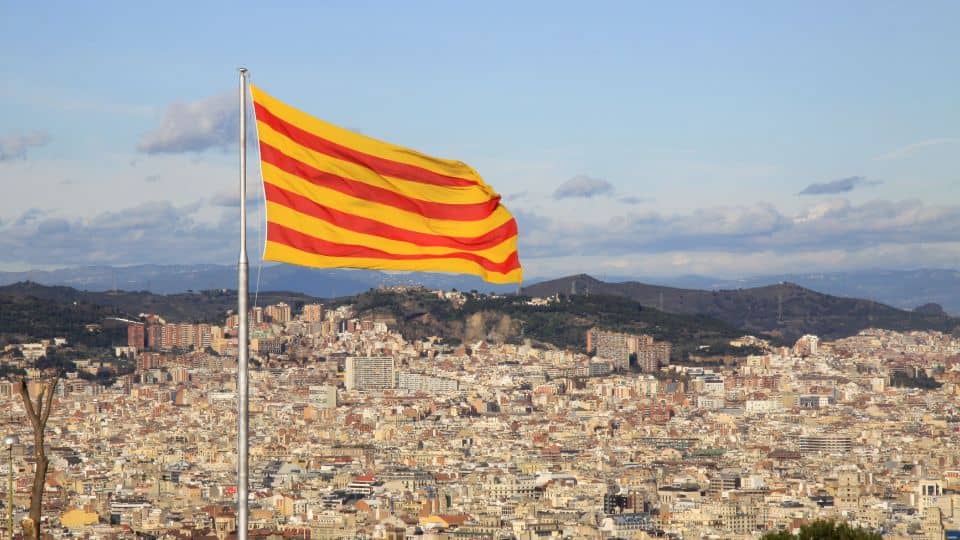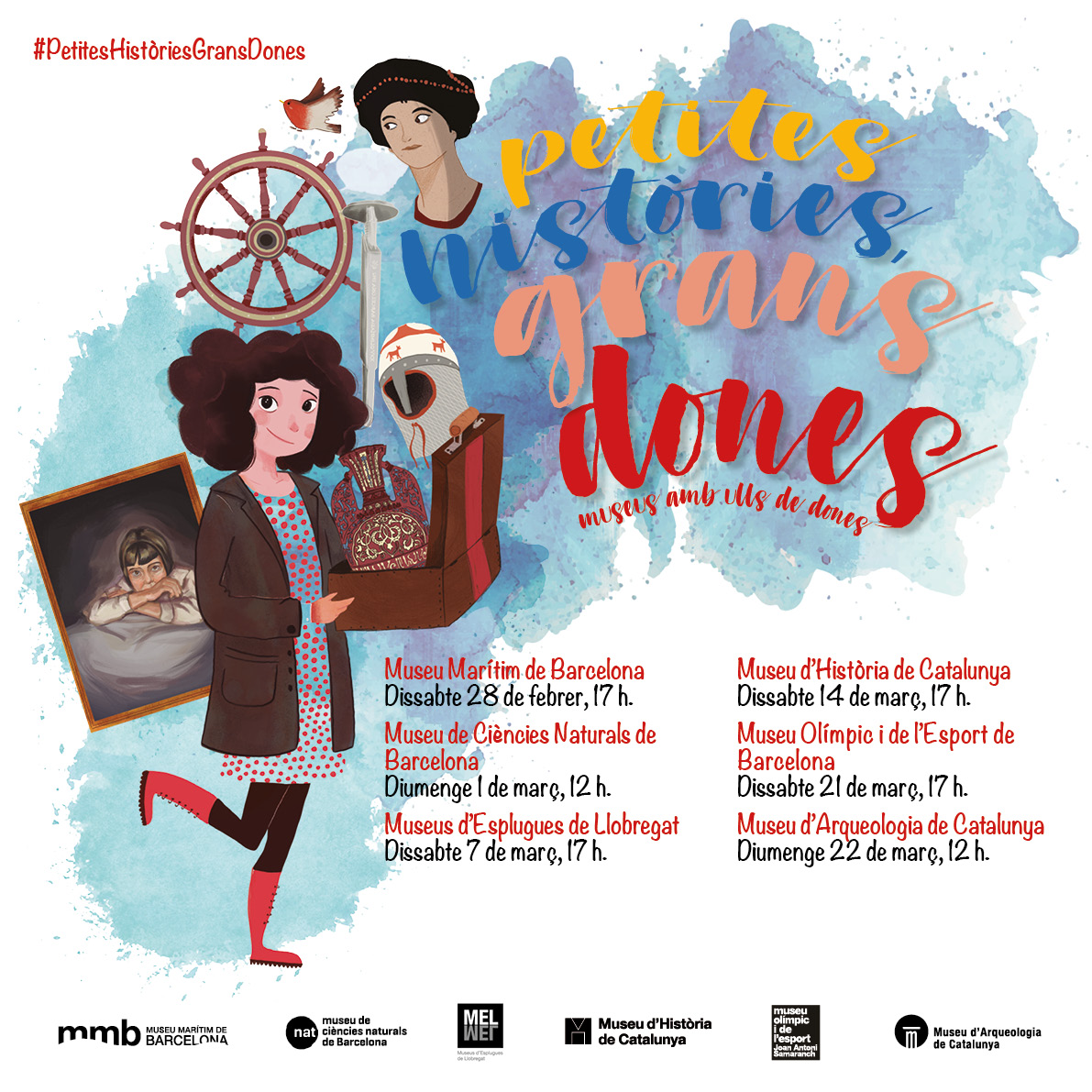The Plataforma per la Llengua, in its annual report known as InformeCAT, communicates 50 relevant data on the situation of the Catalan language.
A noteworthy fact is that while 95% of residents in Catalonia, the Valencian Country and the Balearic Islands claim to have a good command of Spanish, only 65.1% consider their level of Catalan to be satisfactory.
 This statistic is highly relevant due to the critical situation faced by the Catalan language in recent years. However, the opinion of those who advocate the protection of Spanish and consider it necessary to implement public policies for its promotion also stands out. This has generated controversy, such as the controversial law that requires 25% of teaching in Spanish in the classroom.
This statistic is highly relevant due to the critical situation faced by the Catalan language in recent years. However, the opinion of those who advocate the protection of Spanish and consider it necessary to implement public policies for its promotion also stands out. This has generated controversy, such as the controversial law that requires 25% of teaching in Spanish in the classroom.
«La Grossa de Cap d’Any»: Discovering the Probability of Winning the Grand Prize
Young people in Catalonia and Catalan
Young people in Catalonia are experiencing a significant change in their language preferences. Despite being located in a region known for its use of Catalan, young people in all districts of Barcelona show a growing preference for Spanish. This phenomenon is a reflection of global trends in which young people adopt global cultures and languages that are not necessarily their mother tongue. We will explore the reasons behind this change, the influence of globalization, tourism and the media, as well as efforts to preserve Catalan among young people.
The Dominance of Spanish among Barcelona’s Young People
A recent study conducted by the Barcelona Youth Institute revealed intriguing data on the language preferences of young people in the city. Although Catalan is the co-official language of Catalonia along with Spanish, this study found that Spanish is the dominant language spoken by young people in Barcelona. This trend can be attributed to several key factors.
Globalization and its Effects on Language Preferences
Globalization has transformed the way young people around the world relate to languages. Barcelona is no exception to this trend. The city has seen an increase in cultural diversity due to the arrival of people from different parts of the world, which has exposed local youth to a variety of languages and cultures from an early age.
The Generalitat’s Objective: Teach 80% of University Classes in Catalan by 2025
English, as the lingua franca of international business, has greatly influenced the language preferences of young people. Many now prioritize English over their local dialects, believing it will give them an advantage in a globalized world.
In addition to English, Spanish has gained prominence due to its widespread use and the opportunities it offers in terms of employment and education. Spanish is spoken in many countries, making it a practical and valuable language for young people seeking to expand their horizons.
Tourism and its Influence on Language Preferences
Barcelona is a top tourist destination, attracting millions of visitors each year. The constant flow of tourists, mostly from Spanish-speaking countries, has had a significant influence on the language preferences of local youth. Constant exposure to Spanish-speaking visitors has contributed to the prominence of the language among young people.
The Role of the Media in Linguistic Choices
The media play an important role in shaping language preferences, especially among the younger generation. In Barcelona, the dominance of Spanish in popular media platforms, such as music, television programs and movies, has led young people to identify more with the language. The increasing accessibility of Spanish through streaming services and social media has given young people the opportunity to immerse themselves in Spanish culture and language.
The Future of the Catalan Language
With the dominance of Spanish among young people in Barcelona, there is growing concern about the future of Catalan. Catalan has a rich history and is an essential part of the Catalan identity. However, the growing preference for other languages among young people poses a significant challenge for the preservation of the Catalan language.
Efforts to Preserve Catalan among the Youth
Despite the challenges, efforts are being made in Catalonia to promote and preserve the use of Catalan among young people. One of the key approaches has been the implementation of bilingual education programs in schools to ensure that young people are proficient in Spanish and Catalan. These programs seek to balance exposure to both languages, allowing youth to maintain their linguistic roots while acquiring Spanish skills.
Origin and history of the Catalan language
In addition, greater visibility of Catalan in the media and the arts has been promoted. Government institutions and cultural organizations have worked together to promote the use of Catalan in music, film, literature and other forms of artistic expression. These efforts seek to keep Catalan culture and language alive.
The Challenge of Linguistic Substitution
Many young Catalans have adopted the belief that Spanish will open more doors for them and is a more modern and attractive language. This, together with the low self-esteem of some Catalan speakers, poses a real risk of linguistic substitution.
The influence of the media and social pressure may lead young people to gradually abandon Catalan in favor of Spanish. This is especially worrisome when it comes to the generation that has parents who still speak Catalan, as the generational break may be a point of no return in the preservation of the language.
The Influence of Immigration and Integration
Another factor complicating the situation is the constant influx of people from Spanish-speaking countries, mainly from South America, to Catalonia. These people face no obligation to learn Catalan and often show little interest in doing so. This increases the pressure on Catalan as the predominant language in the region.
The future of Catalan among young Catalans is a topic of concern and debate in today’s society. Despite the challenges posed by globalization, tourism and the influence of the media, significant efforts are being made to preserve the language. However, the risk of linguistic substitution remains real, especially if no additional measures are taken to encourage pride in and use of Catalan among young people.
Catalonia faces the challenge of finding a balance between adopting global languages and preserving its rich linguistic heritage. The history and tradition of Catalan are fundamental to the region’s identity, and its preservation requires continuous efforts at all levels of Catalan society. The future of the Catalan language is at stake, and it is the responsibility of all Catalans to work together to ensure its survival and prosperity in an increasingly globalized world.



